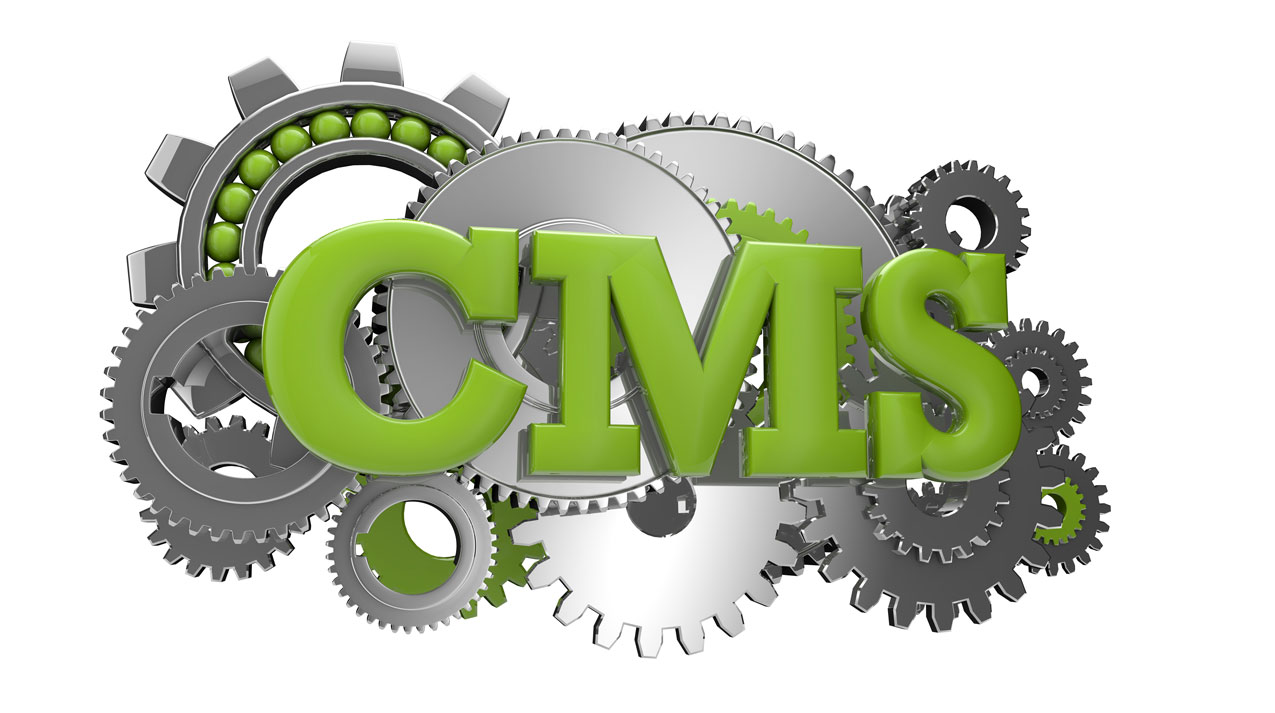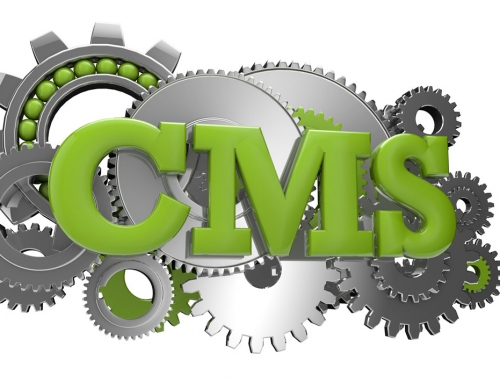Website Developers – Reasons You Should Never Use a CMS
I wish to locate the person who first suggested that customers could manage their own website as effortlessly as using a word processor, and give them a stern reprimand. In my opinion, they deserve it wholeheartedly.
Since the initial introduction of the idea, there has been an influx of poorly made websites. While some of these sites may not have started out that way, it’s common to see a decrease in website quality over time when self-managed by the site owner. In general, there is a correlation between the amount of time a site owner has been managing their site and a decline in website quality.
There is a directly proportional relationship between the decline in the quality of a site and the amount of time that the site owner has been self-managing it
Third-party site-builders have been advertising on Facebook, claiming that anyone can easily and quickly build a website using their software. While it is partially true, not everyone should build a website, even if they can create one.
Even though my five-year-old child can draw a picture of a car, I wouldn’t display it in an art gallery. Similarly, amateur website builders shouldn’t create websites that represent businesses or organizations unless it’s for a hobby. While there’s nothing wrong with amateur websites, they should be used appropriately.
The harm has already been done, and unless there is a sudden widespread realization, every new client will continue to ask the question that sends shivers down your spine: “Can I update and manage this website on my own?”
In the past, they were afraid to handle anything technical, but now they feel entitled to it as a customer and site owner. While they have the right to manage the site themselves, I wish I could be honest with them and say that there’s a high likelihood of them making mistakes and causing issues.
I am unable to object for now. Thus, I respond with a quiet sigh and a timid agreement. However, I am concerned that this website will require close monitoring and might eventually have to be removed from my portfolio if the client damages it beyond recognition.
The shift in clients’ expectations and mindsets can largely be attributed to CMS products like WordPress, Drupal, and Joomla. Ideally, CMS should primarily serve to simplify the tasks of designers, developers, and content managers involved in website design, development, and website management.
The copy you crafted most carefully for search engines, will be the first content your client edits.
Unfortunately, someone suggested that clients should have full control over their website content, which has led to misguided decisions. For instance, a 700px wide image may be placed in a column designed for a 200px image. The image may even be saved in GIF or BMP format and have a resolution of 300 dpi.
It is a universally true rule that the copy you crafted most carefully for search engines will be the first content your client edits.
Some people may not take into account the white space in your design and may even copy and paste a portion of JavaScript code from Trip Advisor without fully understanding it, leading to issues. They may also use multiple font styles in one paragraph, potentially making your design look unappealing. It’s important to be aware of these possibilities and take steps to prevent them.
CMS has its benefits. Firstly, it enables faster website development as long as you have a clear idea of how your site’s layout will fit into the framework. Additionally, depending on the CMS you use, you can access a wide range of tools and plugins to effortlessly incorporate functionality into your design.
But what about the downside of CMS? There are downsides. The reasons not to use a CMS include the following:
- Security vulnerabilities in your chosen CMS become security vulnerabilities in your sites.
- Unless you have a water-tight contract, any harm caused by security vulnerabilities exposes you to litigation; when you install and use the CMS software, you (not the client) agree to a licensing agreement that specifically states that you accept all risk for using the software, you have no recourse to make any claim against the manufacturer, even if the problem was due to negligence on their part.
- All available online WYSIWYG editors have quirks and problems that result in: “What you see is almost what you get, but not quite!”
- For smaller sites that don’t need access to the full range of technologies provided by a CMS, the use of a CMS is overkill that often involves a steep learning curve for the client.
- CMS products inhibit your ability to create semantically structured source code.
- CMS used for website development creates websites that contain too much unnecessary code, which outweighs the actual content.
- CMS products often make simple tasks more complex.
- All CMS products introduce bloat to your pages which can increase page load time and impede performance.
- Some CMS products are not SEO-friendly right out of the box, you may need to tweak the settings to make your pages crawl-able, and do you really want to leave SEO to a plugin?
- Self-management allows the client to alter your design, but still expect you to support their site (including their changes).
To sum up, a CMS provides quick development and easy access to advanced features for designers, developers, and content managers. However, it’s important to stop promoting it as a client management solution because in reality, you will end up managing their sites for free.
And honestly, how often do most clients need to update their website?





Share Your Thoughts?